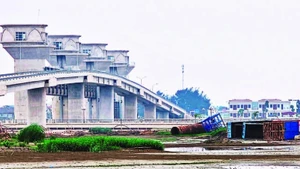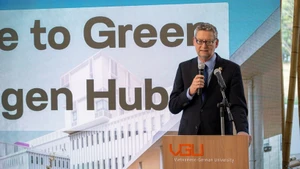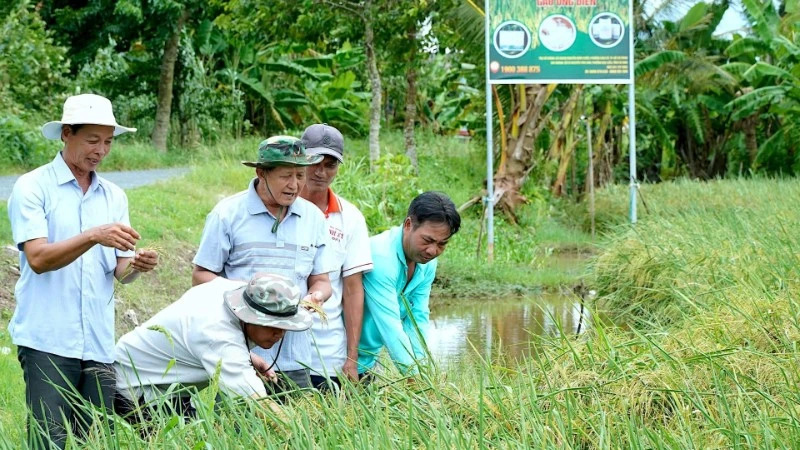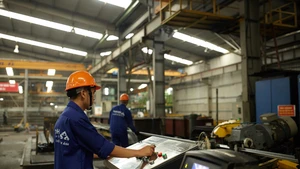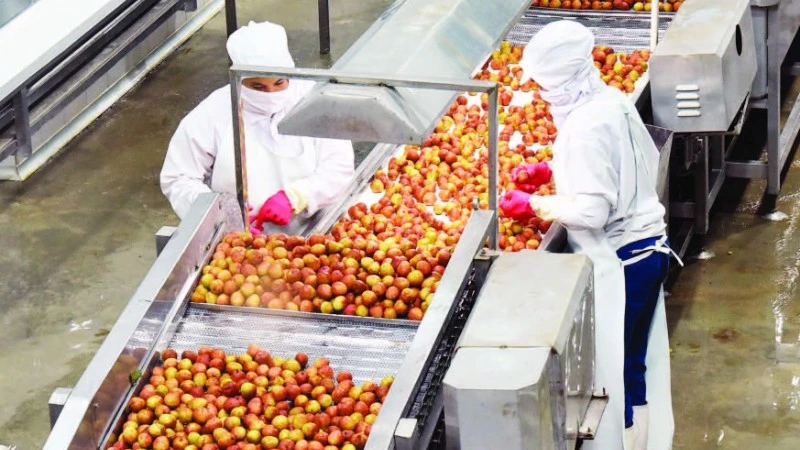The event, one of the activities within the framework of the 16th International Water Supply, Sanitation, Water Resources and Purification Exhibition (Vietwater) 2025, attracted representatives from state management agencies, research institutes, businesses, and international organisations in the fields of water resources, irrigation, and disaster response.
Doan Thi Tuyet Nga, Head of the International Cooperation Desk for the Viet Nam Disaster and Dyke Management Authority, emphasised that Viet Nam is heavily affected by natural disasters, with over 70% of the population regularly impacted by storms, floods, droughts, and saltwater intrusion.
Therefore, innovation, science and technology, and international cooperation are key factors in transitioning from a passive approach to disaster response to proactive disaster prevention and risk management.
This seminar is an opportunity for all parties to share experiences, present solutions, and introduce advanced technologies in disaster risk management, Nga said. Initiatives presented at the event will play a crucial role in enhancing Viet Nam's resilience to the increasingly severe challenges posed by natural disasters and climate change.
Sander Capaij, a representative from the Dutch Ministry of Infrastructure and Water Management, shared that the Dutch Government has focused on promoting cooperation with Viet Nam in the fields of flood management and climate change adaptation.
Over the past period, the two countries have implemented effective projects in various regions across the country, and the Netherlands wants to maintain close cooperation with the Viet Nam Disaster and Dyke Management Authority, as well as other relevant Vietnamese agencies in the coming time, he said.
On this occasion, the Viet Nam Disaster and Dyke Management Authority also collaborated with domestic and international companies to organise booths at the Vietwater 2025 Exhibition, showcasing advanced products, technologies, and solutions in flood management, disaster risk reduction, and climate change adaptation.

